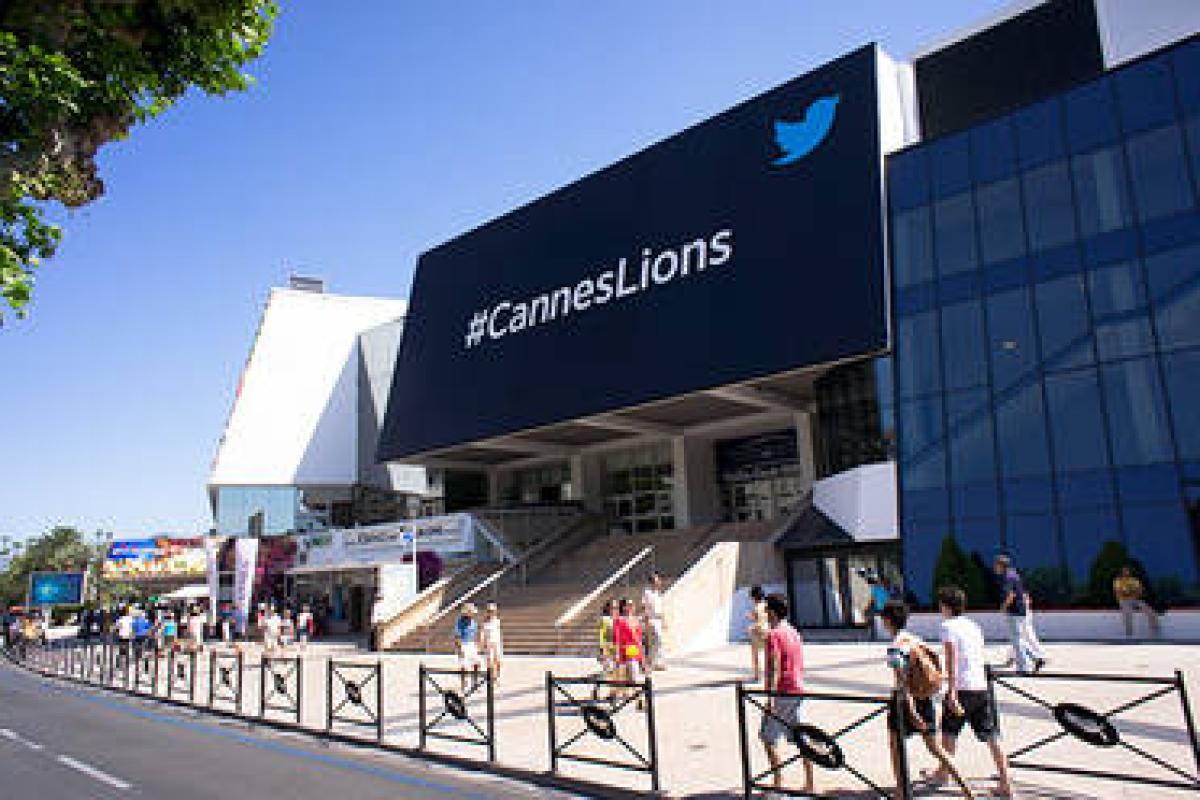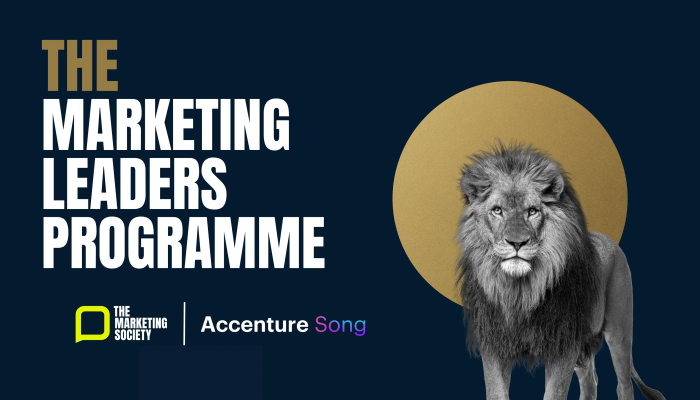Much in keeping with the reshaped Festival itself, my trip to Cannes this year was stripped back, intense, hugely enjoyable and ultimately informative and useful.
Much has been written already about the invasion of the management consultancies (yes they were there in force, get used to it folks); whether there were too many or too few celebrities; is it only cause-related charity ‘stunts’ that win big and will Publicis Group ever return officially to the Festival?
So rather than rehash these well-worn Cannes tropes, my take will be purely personal based on a whistle-stop visit.
That said, on a strict 24-hour timetable it’s actually quite extraordinary how much one can cram in.
I was delighted to kick off proceedings at the Campaign 50th Anniversary lunch hosted at the News UK chateau where Lord Heseltine opened the affair with a sparkling talk about the genesis of Haymarket and his first ‘crappy trade mag’, ‘Man About Town’. An acquisition of ‘Worlds Press News’ followed shortly after, to be relaunched as ‘Campaign’ in 1968. (After Maurice Saatchi had given it a makeover at the behest of Michael Heseltine).
As someone who has been reading the mag since University, it was quite special to hear from the founder and reflect on its longevity and influence in our industry.
As luck would have it, The Marketing Society were hosting a lunch in the very same grounds at the same time, so the shared transportation two and from the venue served as a great mixer and reminded us all that two-for-one sales promotions are far from dead at News UK these days.

Indeed, on a more serious note, I was lucky enough to bump into Unilever’s Aline Santos who was clearly moved and enthused having just heard from #metoo founder Tarana Burke. As Unilever’s EVP for Global Marketing and Global Head of Diversity and Inclusion, she was at least encouraged that there was such a mobilisation of people speaking at Cannes about the critical issue of diversity.
Of course, as she has also acknowledged so much more action needs to be taken beyond the rhetoric.
One fascinating talk I did manage to see was given by PepsiCo on the Innovation stage and hosted by Global Insights Director for Pepsico, Maneesh Kaushik and CEO of Black Swan Data, Steve King.

They revealed how they keep ahead of social trends like charcoal as a food flavour through advanced social listening techniques harnessing algorithms and AI. In this way they are able to inform all aspects of their business from driving sales and launching new products to acquiring new companies.
They are also able to analyse what people are sharing and talking about online to differentiate long-lasting trends from fads and get insight on what consumers are going to want six months from now – before those consumers know themselves.
Through the application of Social Prediction, and by using Social Data to predict consumer behaviour, emerging technology is helping PepsiCo make faster, smarter strategic decisions.
Brands also operate in this way to help them hack into culture.
Burger King told Cannes how it uses social data to spot conversations and act on them using trendsmap.com, a tool that visualises what’s trending on Twitter in real-time.
It saw that in the US people were talking a lot about the Federal Communications Commission’s decision to repeal net neutrality rules (which require internet providers to give equal access to all web content) but that they were confused as to what the implications of the repeal were.
They decided to use a Whopper to explain the concept of net neutrality and they set up and filmed an inspired little stunt in a branch of Burger King where customers were made to wait ridiculous amounts of time to get their burger or pay high prices to get it quickly.

As well as hacking, reflecting and leading culture, social trend spotting allows brands to be infinitely more valuable to consumers. Mozilla and Firefox were able to pre-empt the recent backlash against Facebook through social listening and, in so doing, help ease people’s fears about the access Facebook has to their data.
They saw consumer sentiment around the platform was shifting months before the Cambridge Analytica revelations, so that, when the scandal broke, they already had a strategy in place to act on it and launched a tool which makes it difficult for Facebook to track your browsing activities called Facebook Container Extension.
But, as powerful as data and AI is, this tech is not enough on its own to inform strategy decisions or solve every problem.
Data’s power rests on the creative ideas that it can spark. And it is this alchemy of data and creative thinking that can turn brands into prophets, making us better able to make the most of whatever else may become the new black.
And with that in mind, I’m off to have a charcoal ice-cream with a turmeric latte…
By Chris Pearce, CEO, TMW Unlimited



